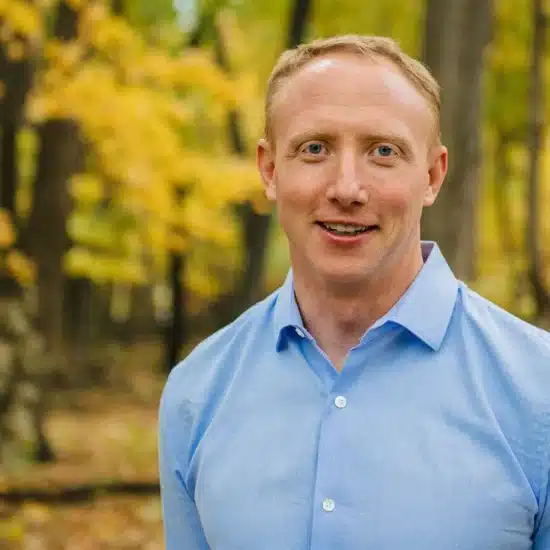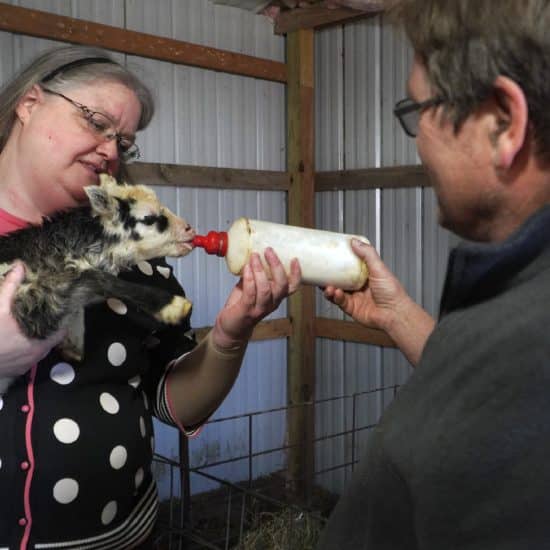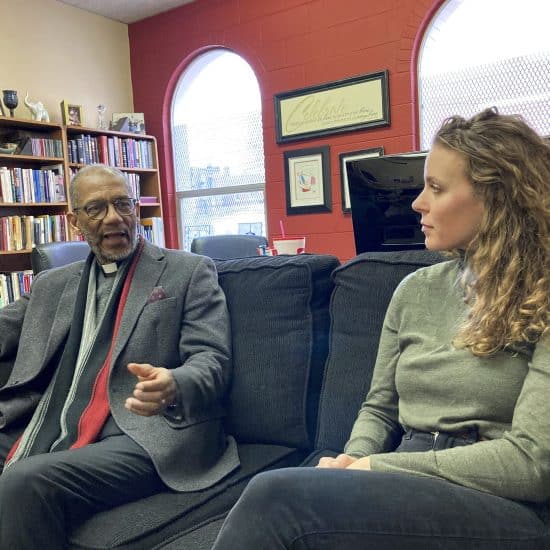Ministry to older adults must take many forms, depending upon the make-up of the group a church is trying to reach. As the U.S. population ages, congregations will have even more opportunities to engage older adults.
While their programs will have different looks and flavors, experts suggest congregations can adopt some common attitudes that help make ministry to older adults vibrant and meaningful:
• Recognize a one-size-fits-all program will not meet the needs and desires of a broad age range. Many congregations have older adults from 55 years old through 100 or beyond. Churches may need to offer two or even three groups to provide a place for everyone.
• Let the ministry develop from the grassroots, but provide a coordinating team or committee and trained leaders.
• Eliminate the word “senior” from ministry and staff titles. Experienced adults, 55-plus ministry, emerging adults, “second half” ministry, encore and other names are gaining popularity.
• Know your people. Talk with them and listen to them. Pray with them. Minister with and for them, rather than to them. Get to know them and let them get to know you.
•Balance the ministry. Some-times ministry to older adults focuses on fellowship. While they need and want fellowship, many—particularly younger members—want service opportunities as well. Take advantage of each individual’s talents, skills and gifts.
•Offer educational opportunities through small groups, special events and short-term seminars. Many older adults, especially younger ones, often focus on health, family, financial and retirement issues.
•Consider ministry by life stages, rather than by chronological age. Many experts and congregations are recognizing several factors determine an older adult’s needs and concerns. Not everyone reaches the same stage at the same time. Perhaps they married later in life. Many are juggling the needs of aging parents and children. Others are facing health issues.
• Remember that graying hair doesn’t mean an individual is a Christian. According to several studies, about half the Boomer generation claims to attend a church or synagogue.
“The Boomers are the most educated generation,” noted Frank Fain, director of educational services for The Baptist Home system for older adults in Missouri. “They want to learn, and that may be the most effective way to outreach.”
James Craver, associate pastor at First Baptist Church in Allen, has a passion for evangelism among 55-plus adults.
He provides an evangelism seminar a couple of times each year and encourages ministry participants to pray for and minister to five non-Christians.






